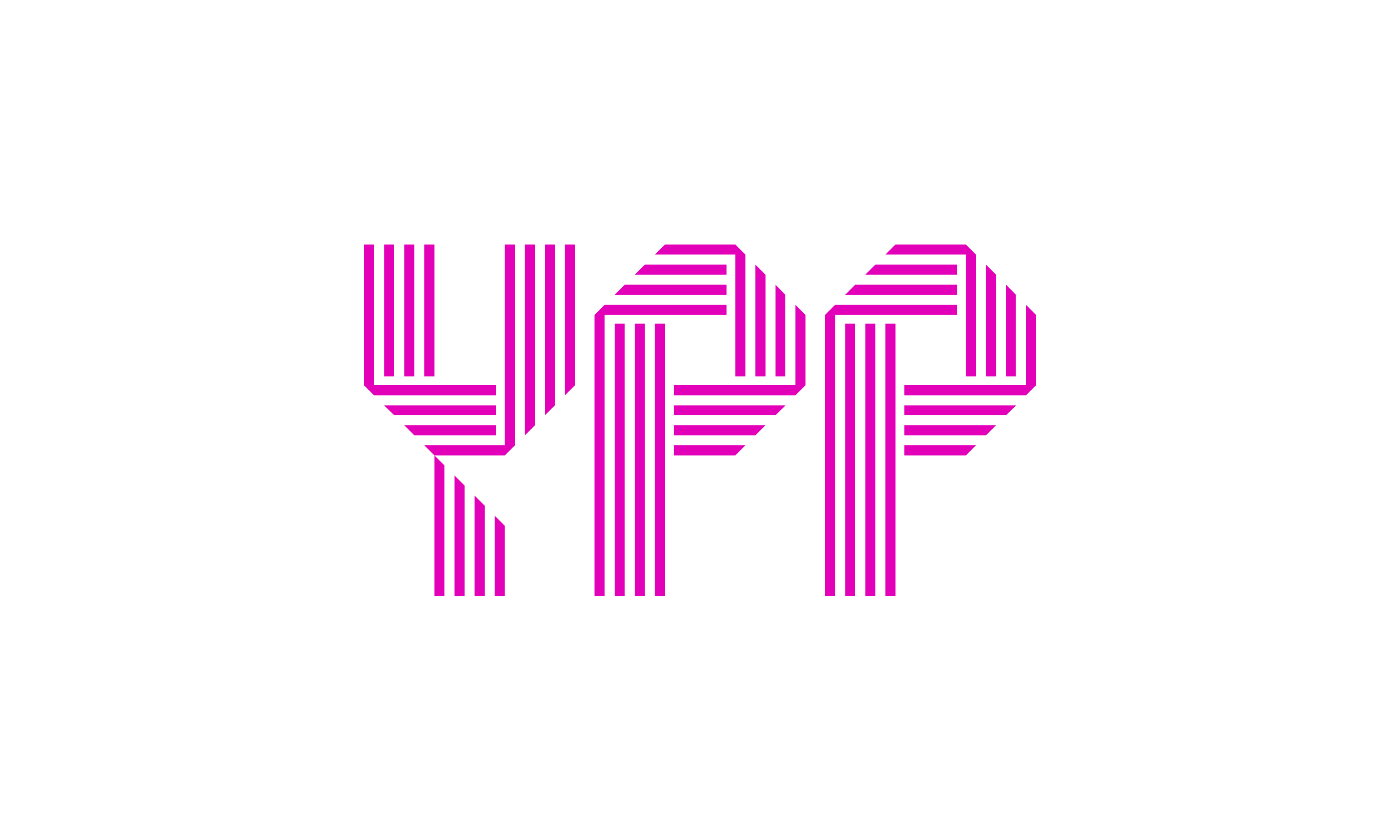


In recruitment, it’s not always about hiring more staff to get more done; often, it’s about becoming more efficient. Consider this: if your recruitment team of ten saves just 30 minutes per day by optimising workflows, you’re saving five hours daily. Those five hours can be redirected to tackling current recruitment challenges, building better candidate relationships, seeking new opportunities, or developing long-term strategies.
Digitisation is the key to creating these streamlined processes, and CRM systems play a crucial role in eliminating ineffective or redundant tasks. They help identify which activities truly impact the bottom line and enhance candidate satisfaction.
Let’s look at how you can supercharge your recruitment agency by creating an efficient CRM.
We all know that data drives success, but here’s the catch: it must be the *right* data. Using incomplete or outdated information isn’t just unproductive – it’s detrimental. Regularly cleanse your CRM to remove any old or unreliable data, and ensure there are no shadow IT processes keeping valuable information hidden in silos. Your future recruitment outcomes will thank you.
Clarifying who accesses what data is essential. Assign user permissions to optimise your CRM’s functionality. Who monitors security and compliance? Who updates accounts and contacts? While some businesses have a dedicated CRM manager, we’re seeing a rise in micro roles where responsibilities are spread across the team. This fosters a data-centric culture and encourages detailed, creative thinking.
Using a CRM alongside other legacy systems can perpetuate informational silos. Integrate wisely! Ensure your external solutions do not require duplicate actions or add unnecessary complexity. Smart integrations can simplify your workflow significantly.
Leverage labels and filters to quickly access important information. Tag lost deals, deals owned by specific recruiters, or data older than three months. Efficient organisation helps improve overall productivity and reduces the time spent sifting through unorganised information.
A centralised CRM provides a 360-degree view of all candidate and client interactions on a single screen. This eliminates the need to toggle between different systems or screens, allowing your team to quickly access valuable information. The result? Increased employee efficiency and higher candidate satisfaction.
CRMs are not just about providing information; they can also eliminate tedious tasks. Create automated workflows to streamline task management and free up your team’s time for more strategic initiatives. This allows your team to focus on what truly matters: finding the best candidates.
By implementing these CRM strategies, you can significantly improve your recruitment efficiency and effectiveness. Let’s turn those “no’s” into confident “yes’s” by cutting through the noise and staying ahead of the competition.
